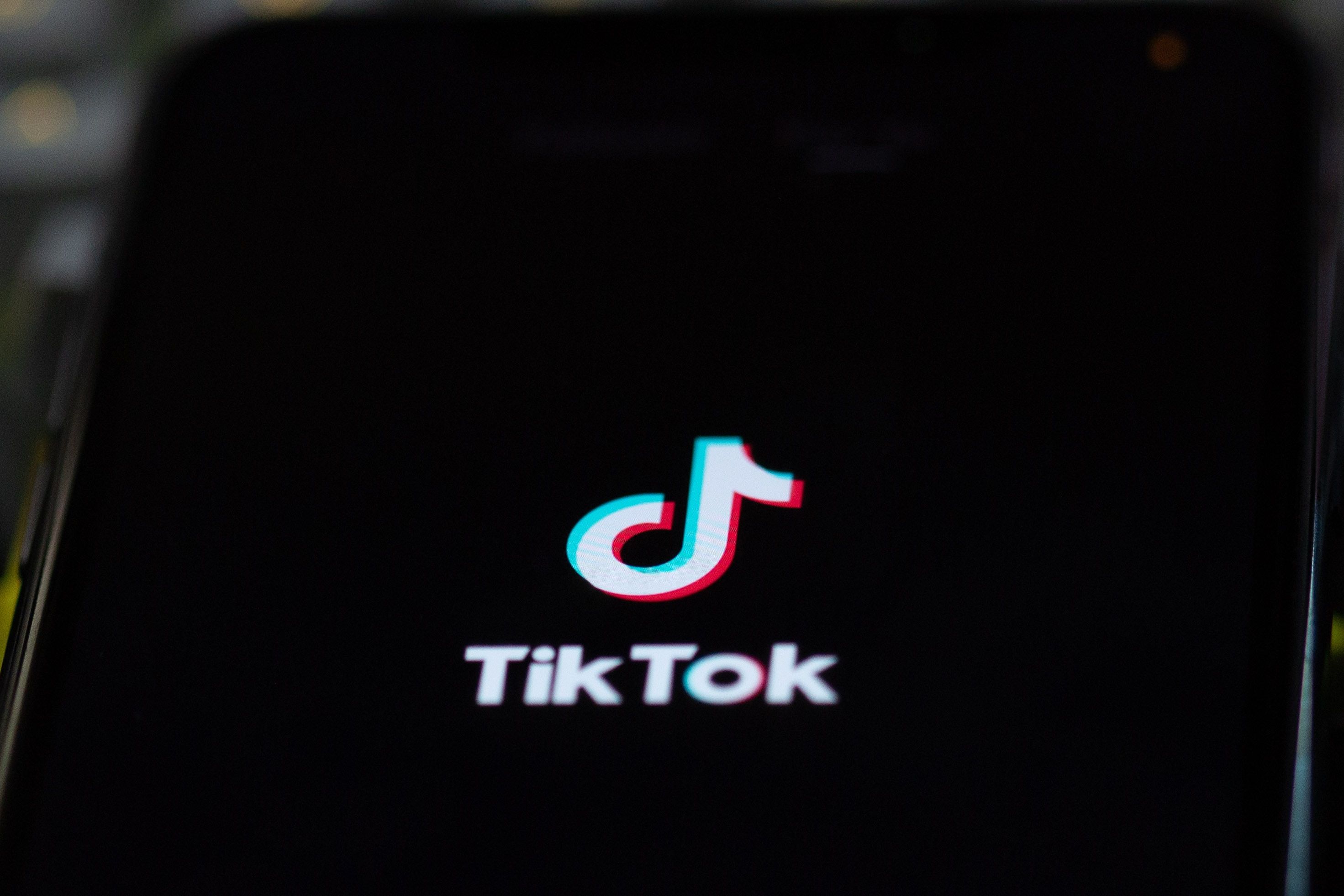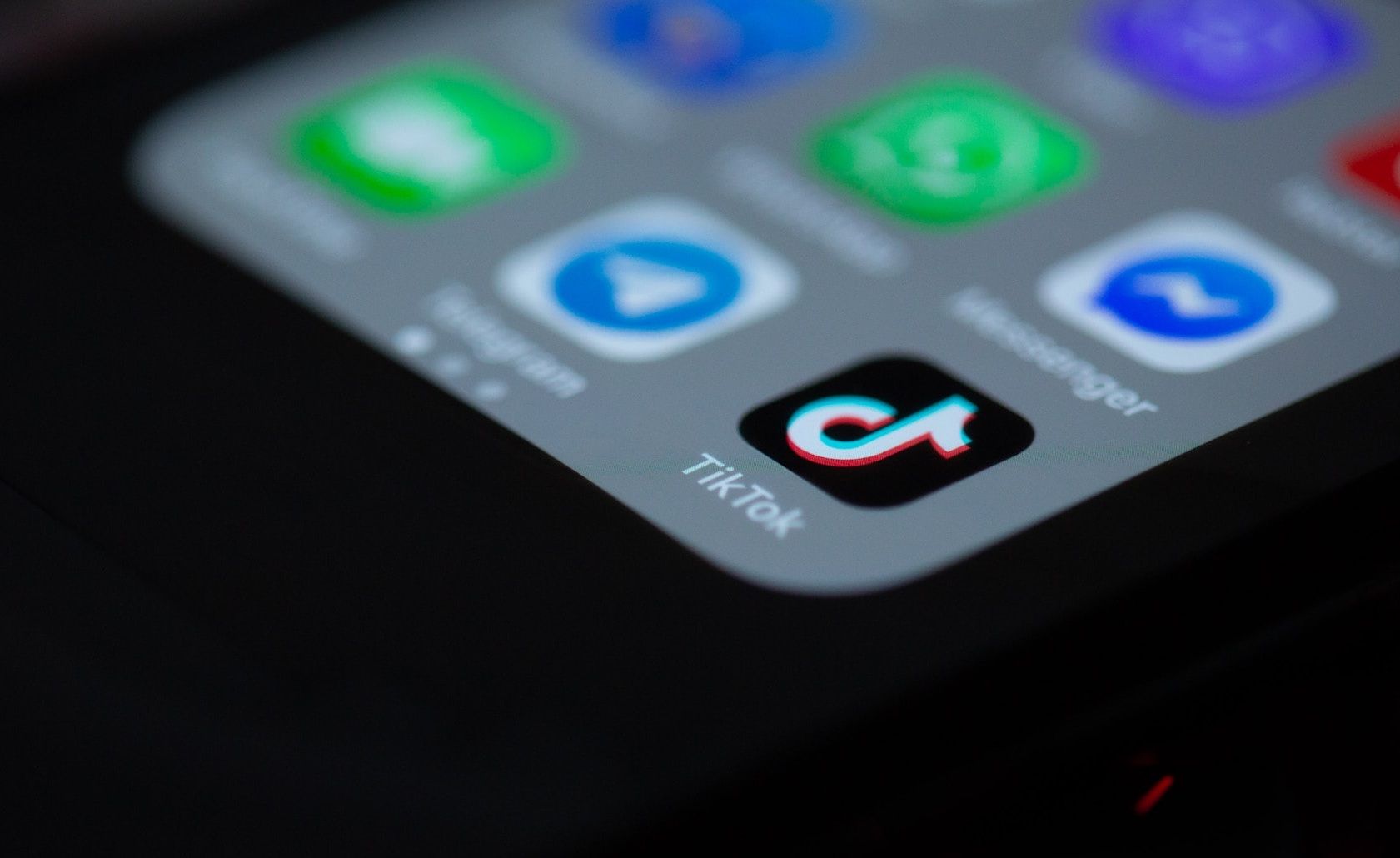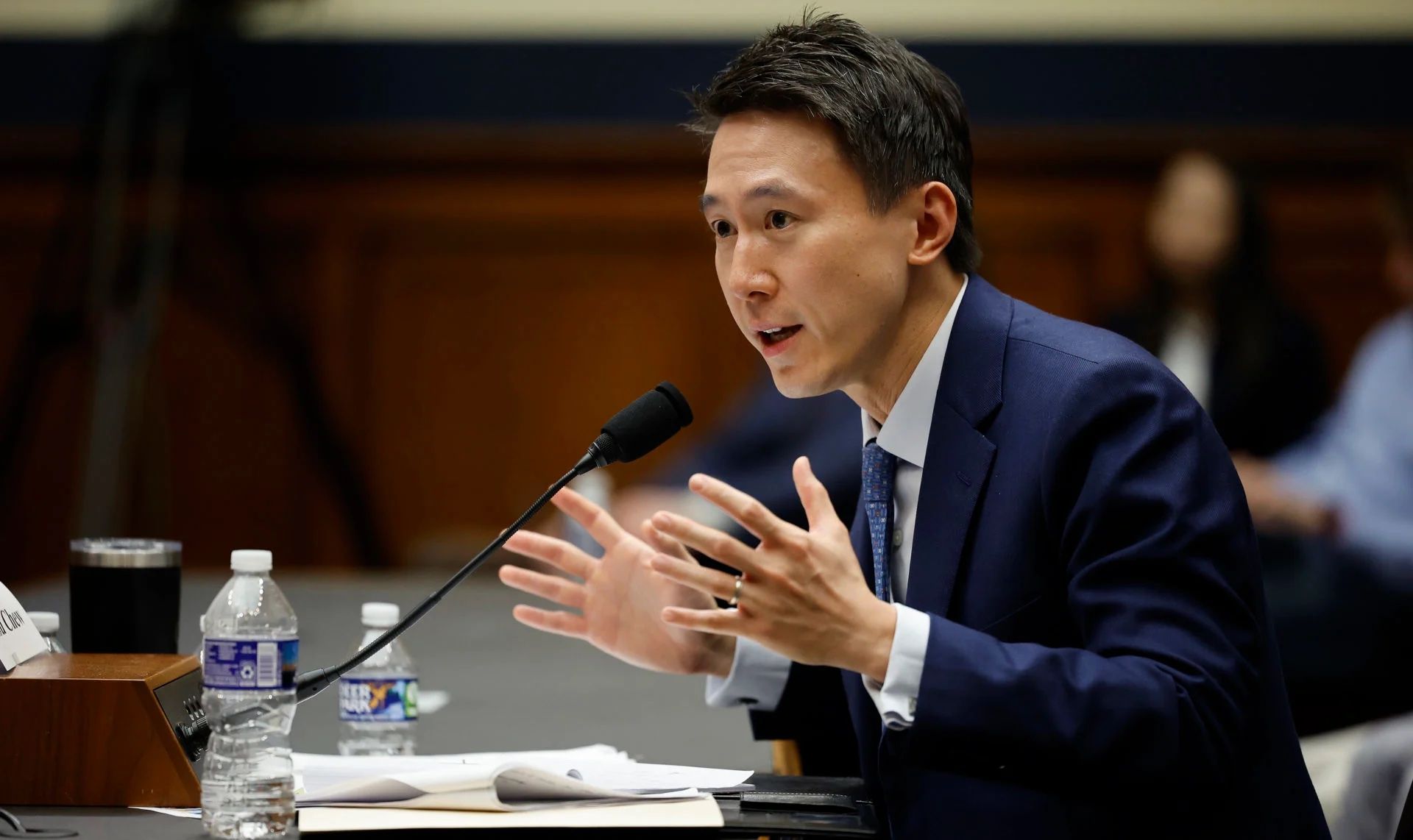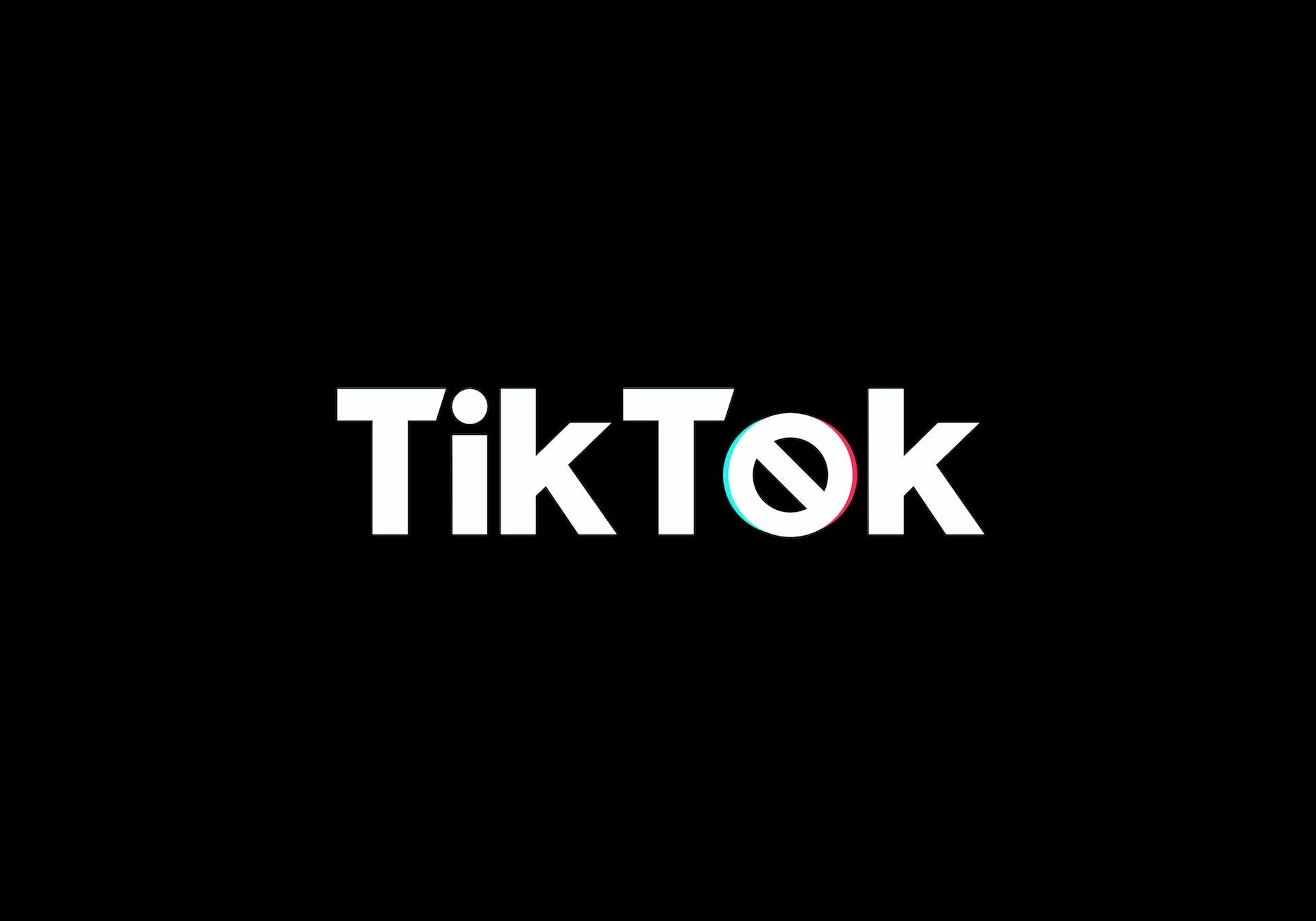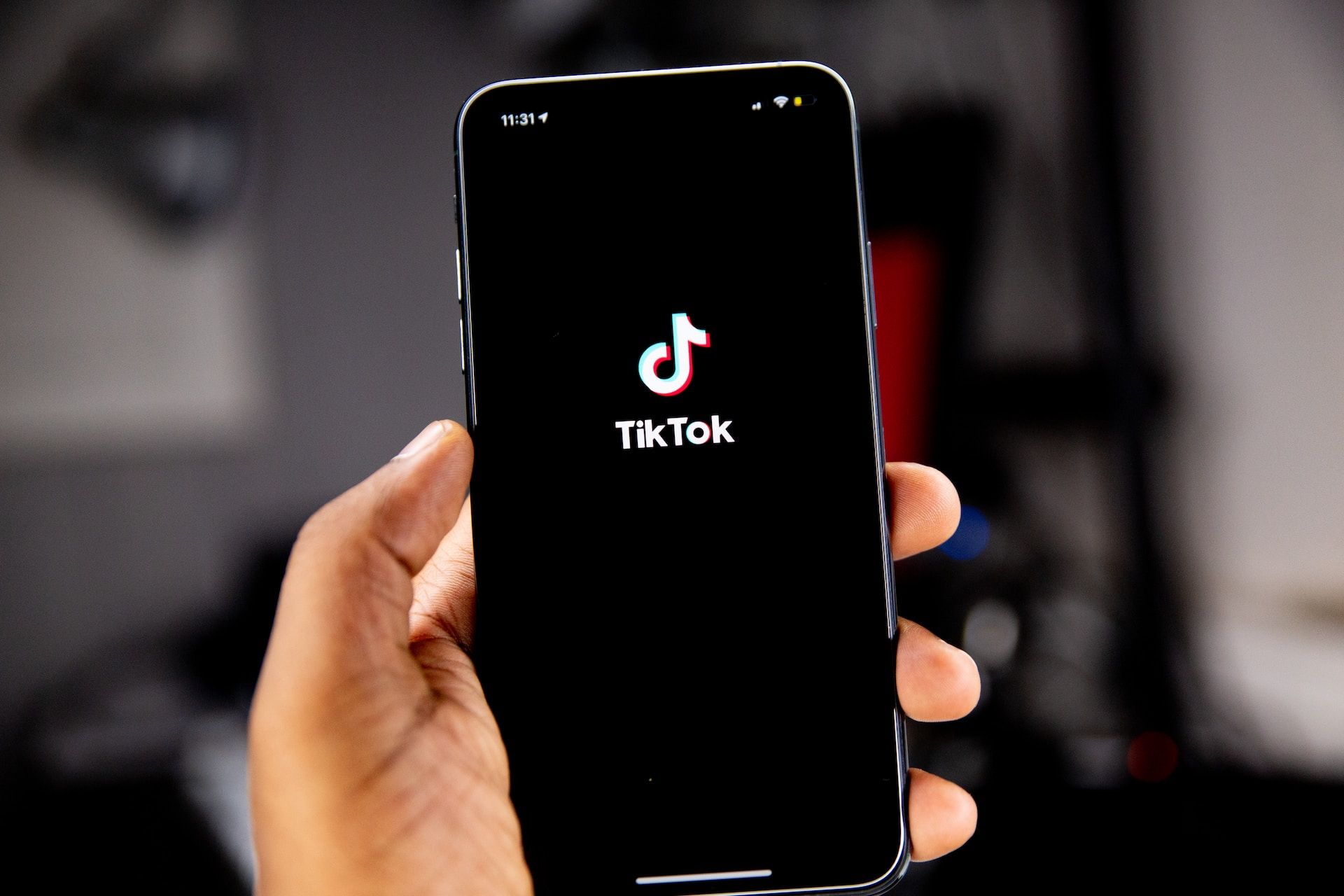TikTok, the highly popular video-sharing social media app, has been under scrutiny from governments all across the world primarily due to concerns over data privacy and national security. The US, France, UK, Belgium, New Zealand, top three EU bodies (Parliament, Commission, and Council) have already banned the use of TikTok on staff devices and now Australia has become the latest country to join the list.
The Australian Attorney General’s Department has issued a notice saying that TikTok poses significant security and privacy risks due to its data collection practices and “exposure to extrajudicial directions from a foreign government that conflicts with Australian law”. Attorney General Mark Dreyfus has said that the ban would come into effect “as soon as practicable”.
The ban on TikTok from government devices in Australia means that all Five Eyes countries, which includes Australia, Canada, the United States, Britain and New Zealand, have placed some sort of restrictions on the app. While these restrictions may seem insignificant to the average user, it begs one question: if it is not secure enough for civil servants, is it safe enough for you?
Why are governments around the world banning TikTok?
Governments worldwide have cited national security risks as a common reason for the ban of TikTok. One of the key concerns is the amount of data that TikTok collects from the user. TikTok collects a vast amount of user data (and I mean a lot of data here). The company clearly states in its privacy policy that it may collect information such as account and profile information to user messages, device information, location data, biometric information, and even your contact list.
And since TikTok is owned by the Chinese company ByteDance, and governments are concerned if the company has been sharing (or could be forced to share) data with the Chinese government. Governments around the world fear that the app could be used for spying or foreign influence operations, putting government officials and their communications at risk. Governments are worried that this could potentially compromise the security and privacy of individuals, particularly those in positions of power.
TikTok’s response to the ban
[TikTok’s] American data [is] stored on American soil, by an American company overseen by American personnel
TikTok has denied all the allegations that it shares data with the Chinese government. At the Harvard Business Review conference in early April 2023, TikTok CEO Shou Chew said that the “Chinese government has actually never asked us for US user data.” He also added that “even if we where asked for that, we will not provide that.”
Chew, at the conference, said that “ByteDance is not an agent of China or any other country.” He said there is an “inaccurate belief that TikTok’s corporate structure makes it beholden to the Chinese government or that it shares information about U.S. users with the Chinese government. This is emphatically untrue. The bottom line is this: [TikTok’s] American data [is] stored on American soil, by an American company overseen by American personnel.”
TikTok has maintained that it uses the of data it collects to enhance the user experience. The company says that it uses the data to better understand user behavior and preferences, and to improve the relevance and effectiveness of its advertising and marketing.
Is TikTok really a risk to national security?
Governments that have banned TikTok — whether that’s on government devices or for all the residents of that country — have cited TikTok as a threat to national security mainly due to the company’s links with China. China has laws that could force ByteDance to share the data with the government, and while the company denies it has shared or will share data with the Chinese government, there is no way we can verify it.
According to researchers quoted by CNN, TikTok’s data collection and usage practices are similar to those of other social media apps like Facebook and Instagram. Whether this is a positive or negative aspect is subjective. However, the researchers have stated that TikTok’s app is not inherently malicious or a type of spyware, contrary to the claims of many governments.
Is a ban the answer?
While some may argue that banning TikTok is the right answer in case it poses threat to national security, it raises questions about whether a ban is the best solution. The talk of banning TikTok is often seen as an extreme measure, especially consider how popular the app is. Some even say that banning TikTok means that the government is limiting free speech and expression. And, not to forget, TikTok is a source of income for many content creators and influencers these days, and banning the app could have adverse economic consequences.
The best way to go about this situation, rather than banning TikTok outright, is that the governments should work with big tech companies to regulate the app, ensuring it is safe for users and poses no threat to national security. These measures could include data encryption, transparency in data collection, storage, and usage, and regular audits, — whatever the government deems necessary.
However, regulation and TikTok is in itself a lengthy topic for discussion — many governments have been trying to work with TikTok to ensure data privacy. But, in the meantime, there are several actions that you as a user can take to protect your privacy online.
What can you do?
Here are some tips that you can follow to protect your privacy on TikTok:
- TikTok has a guest mode that allows you to watch videos without you having to sign in. While this mode limits certain functions such as the ability to like videos and send messages, it offers anonymity, allowing you to browse content without revealing your identity.
- You have the option to limit TikTok’s access to your contacts and location by changing the app’s permissions in your device settings. By doing so, you can prevent the app from collecting sensitive information and using it for targeted advertising or other purposes.
- TikTok collects a large amount of user data, so consider limiting the personal information, such as your email, phone number, etc., you share on the app to protect your privacy and security.
- You should also consider turning off ad personalization on TikTok, so that it limits the amount of data collected on your preferences and behavior. This can be done in the app’s settings, under “Privacy and Safety.”
- Lastly, you should consider using a VPN while scrolling TikTok. Using a VPN will add an extra layer of security, making it difficult to trace your data.
So, finally, the question is: is TikTok safe for you? While the app may not be suitable for people dealing with sensitive or classified data, such as government officials, everyday users may continue to use the app if they understand and accept the potential risks. Those who are concerned about their personal data being accessed or misused, they may want to limit the use of TikTok or reconsider using the app altogether.
Image(s) Source: Unsplash

